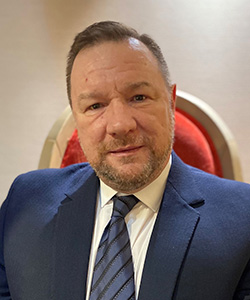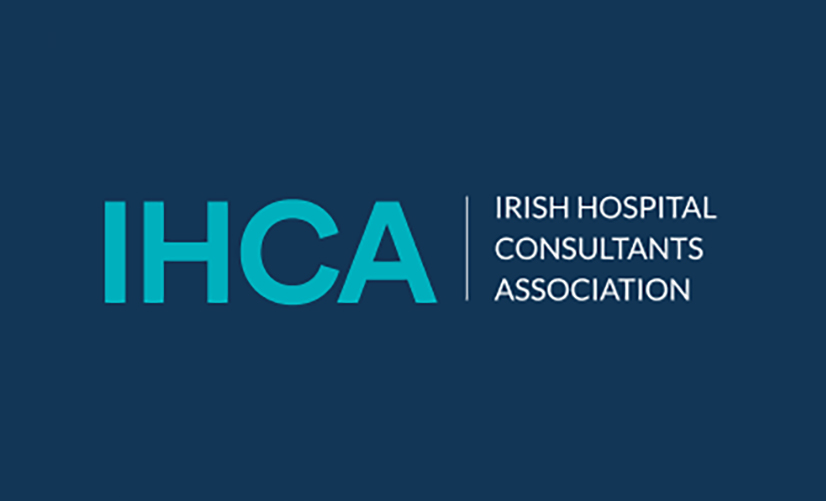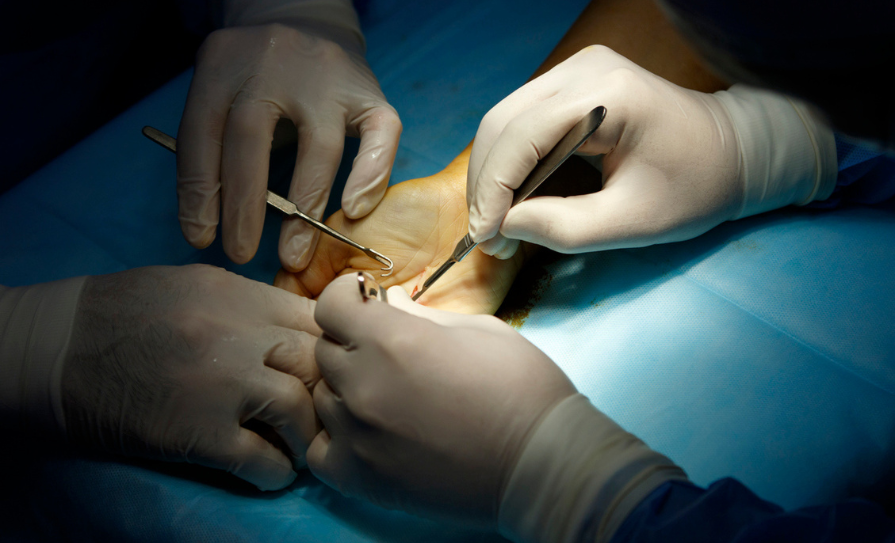Hundreds of delegates will gather next month for a seminal meeting in the calendar of the College of Psychiatrists of Ireland. Dr Lorcan Martin, College President, spoke to the Medical Independent about the creative agenda
‘Creativity and the arts in psychiatry’ is the novel theme for the College of Psychiatrists of Ireland’s Winter Conference. Up to 400 delegates are expected to attend the meeting, which takes place in Limerick on 7-8 November.
Child art psychotherapy, the emergent field of clinical neurosciences of music, and use of music therapy in mental health services in Ireland, will all be discussed during presentations at the conference. The role of creativity in clinician self-care will also be explored.
Varied
The theme is reflected throughout the agenda, although the overall programme is varied, President of the College, Dr Lorcan Martin, told the Medical Independent.

“There is a very broad range of topics and running through it is this theme of creativity and the arts in psychiatry,” stated Dr Martin, a Consultant in General Adult Psychiatry. “We have a wide range of speakers, both Irish and international,” he added.
The agenda offers an opportunity to hear about the evidence base and application of arts-based therapies whilst also catering to other areas of practice for psychiatrists.
Dr Martin drew attention to the trainee oral presentations, which will include topics relating to first-episode psychosis, the perspectives of caregivers of children and adolescents attending mental health services, and virtual delivery of inpatient psychiatric care, among other areas.
One of the parallel sessions will examine physical health monitoring of people with mental health illness, a topic Dr Martin noted as “really important because people with mental illness very often have much poorer physical health than the general population”.
In this session, Dr Alicja Wrotniak and Dr Eimear McGuire – Consultants in General Adult Psychiatry in Sligo Leitrim Mental Health Services – will provide an overview of recommendations and international guidelines on monitoring and managing physical health in adults with mental illness, especially those on antipsychotic medication. They will also discuss barriers and enablers to the implementation of guidance.
Sessions on perinatal psychiatry for the general adult psychiatrist, and diversity in research data, will also be of significant interest to delegates.
Another of the sessions highlighted by Dr Martin is on ‘relational prescribing’. In this session, Consultant Psychiatrist Dr Dimitrios Chartonas and Lead Pharmacist Mr David Rogalski, Camden and Islington NHS Foundation Trust, London, UK, will present an overview of the evidence base supporting the significance of psychological and relational aspects of psychopharmacology. They will consider the issues of adherence, overprescribing, deprescribing, and sustainability. They will also discuss the different types of psychopharmacological treatment resistance and consider relevant psychodynamic factors. Finally, they will present the overarching principles of relational psychopharmacology and propose a framework prescribers can use to navigate complex prescribing dilemmas.
Dr Martin also referenced an interesting session on the impact of storytelling as an improvement methodology. This presentation will be delivered by Ms Lesley Goodburn, Head of Public Involvement and Engagement, National Institute for Health and Care Excellence, UK. Drawing from her personal and professional experiences, Ms Goodburn will discuss the power of storytelling to influence healthcare policy and improvements in care.
Forensic psychiatry and psychotherapy
On the second day of the meeting, delegates will hear the perspective of Prof Gwen Adshead, Consultant Forensic Psychiatrist, Southern Health NHS Foundation Trust, UK, and Forensic Psychotherapist.
Prof Adshead will share her experience of becoming a forensic psychotherapist and her work with individuals who have perpetrated violence. She will provide a comprehensive description of her work in this field, with a focus on group therapy with individuals who have perpetrated homicide.
Following this session, Prof Adshead will also join a panel discussion exploring the controversial topic of ‘conversations with murderers’. Fellow panellists are Mr Mark O’Connell, author of A Thread of Violence; and Dr Paul O’Connell, Consultant Forensic Psychiatrist, Central Mental Hospital, Portrane.
Mental health legislation
Issues specific to Irish psychiatry will be discussed at the meeting, most notably a session on the Mental Health Bill 2024.
Since publication of the draft heads of the legislation in 2021, the College has highlighted concerns relating to proposed updated involuntary admission criteria for people with severe mental health difficulties. In particular, the College has stated the new provisions would mitigate against early intervention in the care of some people with serious mental illness. The full Bill was published by Government in July.
You are not just dealing with an illness, you are dealing with a very broad range of components in managing someone’s mental health
“We have a lot of misgivings around that piece of legislation – there are a lot of areas that many psychiatrists would have huge concerns about, so we will be having a session looking at the main points in that and getting feedback from members,” said Dr Martin.
He confirmed this matter will also be covered in his address to the meeting as President.
“The President’s address is often an opportunity to inform members of what the College has been doing, but also to raise issues of particular concern and clearly this mental health legislation is probably one of the biggest issues of concern we have had in many years. Because if it were to pass in its current iteration it will make it extremely difficult for psychiatrists to do their job, and then the obvious knock-on effect of that is going to be a poorer service for our patients and that always has to be the focus of everything we do. Getting the best possible service for our patients is what we do, and what we should be about, and anything that impedes that is problematic.”
Dr Martin also expressed concern about the level of funding provided for mental health in Budget 2025. He said while 40 years ago, mental health received 12-to-13 per cent of the health budget, now it is accorded less than 6 per cent. He said total funding for mental health (€1.48 billion) was presented as a record spend, but it was important to consider the context.
“Of course the budget is bigger than it was 40 years ago, but then, so is everything…. We need to look at it in terms of what it costs to run the services and the percentage we are getting of the overall health budget, which has been steadily sliding, and actually, it is fractionally less this year than last year.”
On a hopeful note, Dr Martin said there is increasing interest in psychiatry among doctors who are weighing up their specialisation decisions. “It is a very attractive profession,” said Dr Martin, who said psychiatry is ‘big picture medicine’ in many respects.
“You are not just dealing with an illness, you are dealing with a very broad range of components in managing someone’s mental health,” according to Dr Martin.
He said there is huge job satisfaction in helping a person to function at an optimal level and enjoy life again after periods of mental ill health.
Nevertheless, more funding and posts are required to further increase trainee numbers. Dr Martin said the current trainee numbers are not sufficient to meet projected future demand.













Leave a Reply
You must be logged in to post a comment.